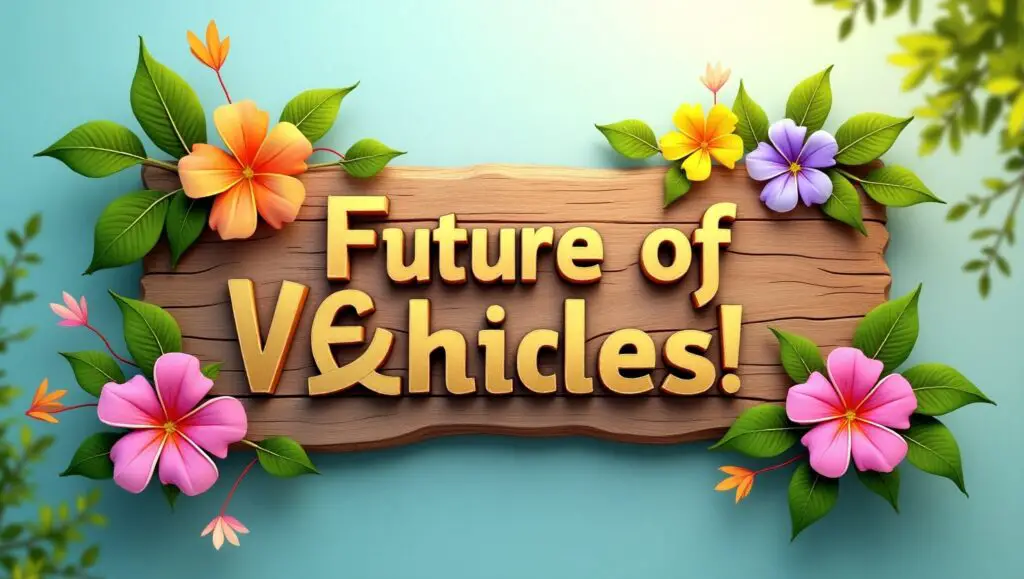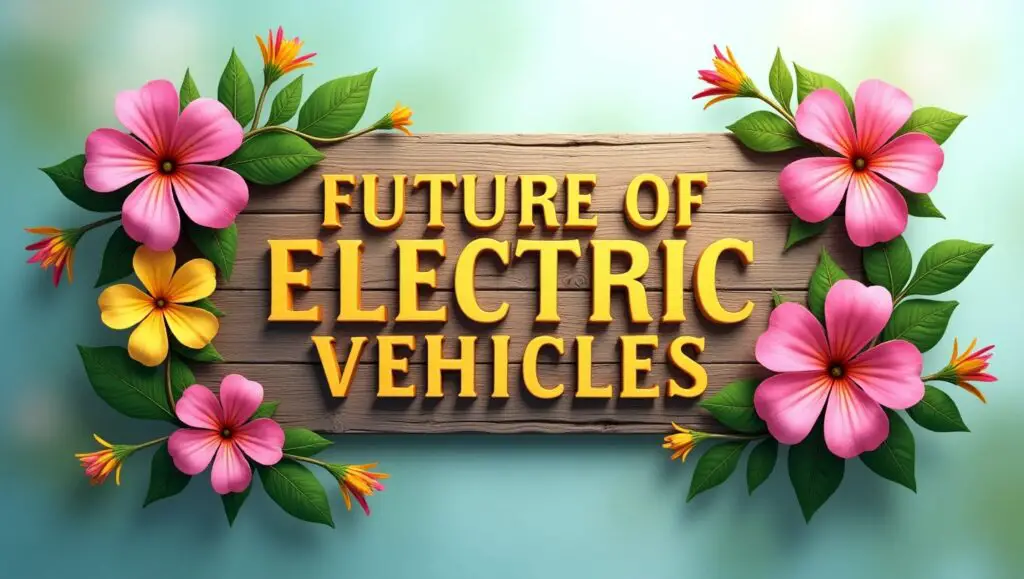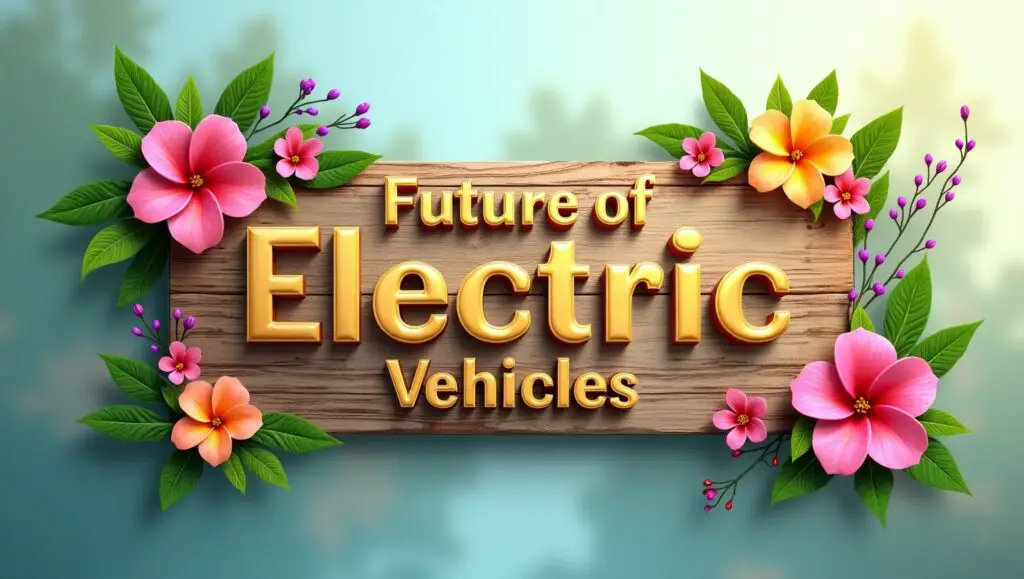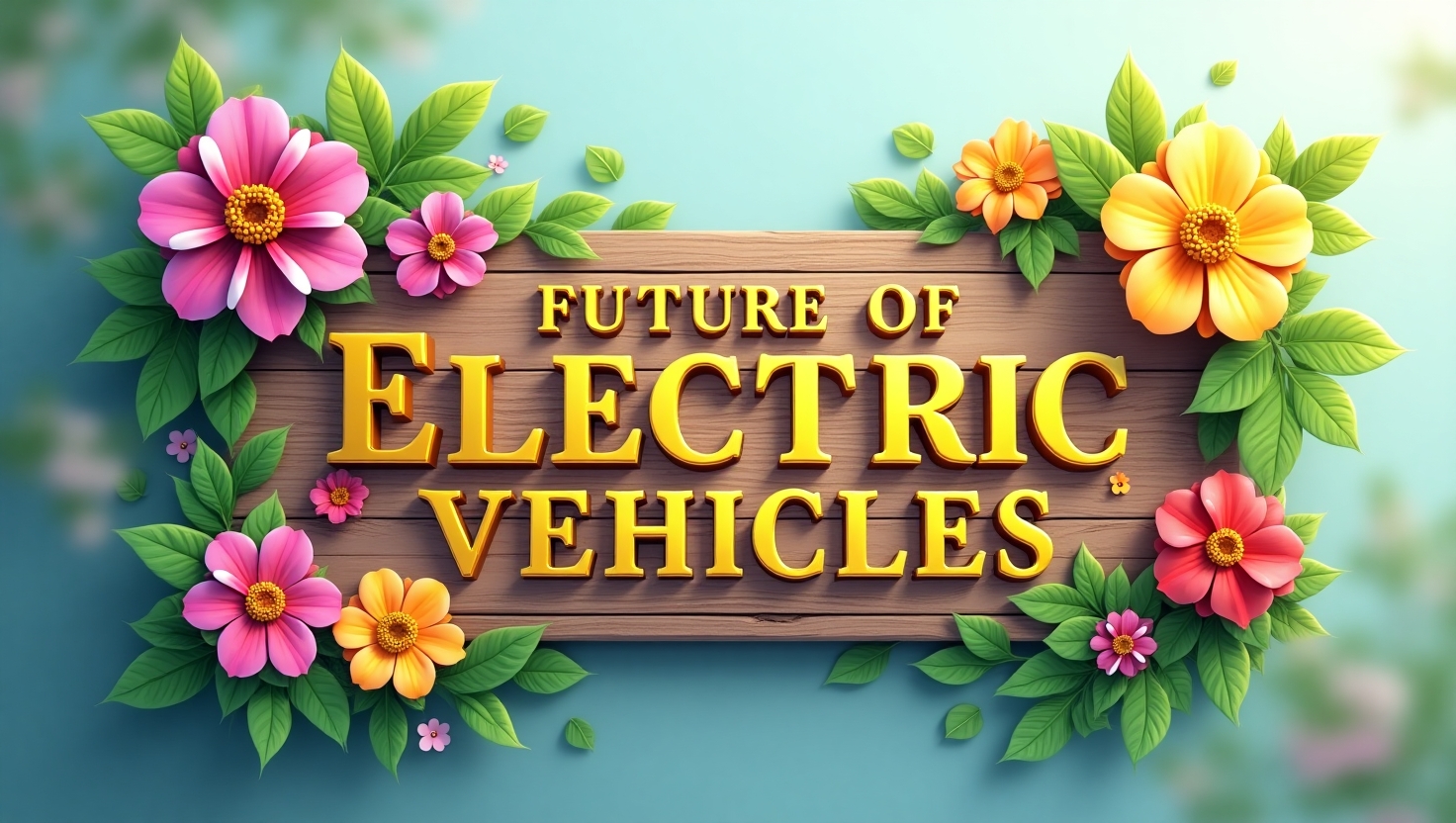Electric vehicles (EVs) are the way of the future; they are no longer a novelty. EVs are increasingly being chosen by customers and automakers worldwide because to growing worries about climate change, rising fuel prices, and breakthroughs in battery technology. In 2025, the electric vehicle market is expanding and changing quickly. There is a lot of innovation, sustainability, and smart transportation ahead for EVs.
The future of electric vehicles, emerging trends, technological advancements, and what consumers can anticipate in the years to come are all covered in this article.

The Reasons Behind the Rise in Demand for Electric Vehicles
EV adoption is on the rise worldwide as a result of the drive for greener and cleaner alternatives to gasoline-powered vehicles. To promote the shift, governments everywhere are providing tax breaks, infrastructure improvements, and subsidies. Automakers are also spending billions on battery innovation, EV production, and research.
In 2025, the following are some of the main causes propelling the growth of electric vehicles:
Environmental Awareness: Since EVs have no exhaust emissions, they contribute to a smaller carbon footprint and less air pollution.
Fuel Savings: Over time, EVs become more cost-effective because electricity is substantially less expensive than gasoline.
Government Support: EV growth is being stimulated by policies, subsidies, and prohibitions on internal combustion engine (ICE) vehicles.
Advanced Technology: Advances in vehicle range, charging speed, and battery life are overcoming previous constraints.
Growth of the EV Market in 2025
Around 20% of new cars sold worldwide as of mid-2025 are electric vehicles; by 2030, this percentage is predicted to increase further. Leading the way are China, Europe, and the United States; in nations like Norway, EVs already make up more than 80% of new car sales.
Large automakers have increased the number of electric vehicles in their portfolios, including Tesla, Ford, BMW, Hyundai, and Toyota. Additionally, new companies like Rivian, Lucid Motors, and NIO are drawing notice for their innovative designs and high-end EV products.
The EV Future is Being Shaped by Innovative Technologies
- Batteries made of solid state
One of the most eagerly awaited developments in EV technology is solid-state batteries. Solid-state batteries have a higher energy density, quicker charging times, and improved safety compared to conventional lithium-ion batteries. Businesses like QuantumScape and Toyota are making significant investments to bring solid-state batteries to market by 2026. - Lightning-Quick Networks for Charging
The infrastructure for charging EVs is changing to keep up with the rate of uptake. By 2025, major highways will be equipped with ultra-fast charging stations that can charge 80% of a battery in less than 15 minutes. Leading this expansion are companies like Shell Recharge, Electrify America, and Tesla (with Superchargers). - The Technology of Vehicle-to-Grid (V2G)
EVs are energy storage devices on wheels because V2G technology enables them to transmit electricity back to the grid. This invention helps balance the power supply during periods of high demand and encourages the integration of renewable energy.

Integration of AI and Autonomy
These days, a lot of EVs are being produced with AI-powered autonomous driving features. Waymo, Tesla’s Full Self-Driving (FSD), and other companies are investigating how AI-assisted technologies can make electric vehicles smarter, safer, and more effective. Obstacles in the Transition to EVs
Even with the advancements, the EV sector still has several obstacles to overcome: Gaps in Charging Infrastructure: There are still insufficient EV charging facilities in rural areas and poor countries. Sustainability and Battery Recycling: Recycling and disposing of used batteries is an environmental issue that requires scalable solutions. High Initial Cost: Despite significant long-term savings, EVs still cost more up front than many gasoline-powered cars. Range Anxiety: Some drivers continue to be concerned that their batteries will die before they get to their destination. With solutions like battery swap stations, mobile charging vans, and more public-private partnerships in the construction of charging infrastructure, governments and businesses are making a concerted effort to remove these obstacles.
What to anticipate over the next five to ten years
This is how electric vehicles are expected to develop in the future: Mass EV Adoption: EVs may make up at least 50% of all automobile sales worldwide by 2030. More Affordable EVs: As automakers release more affordable models under $25,000, more people will be able to purchase EVs. Expanded Charging Networks: In most cities, quick and easy charging facilities will be as ubiquitous as petrol stations. EVs in Every Type: Every aspect of transportation will switch to electric vehicles, including buses, bikes, vans, and trucks. Integration with Smart Cities: EVs will be included into broader smart city ecosystems, which will be linked to renewable energy grids, public transportation, and traffic systems.
Top EV Models to Keep an Eye on in 2025
In 2025, some of the most well-known electric cars include: The Tesla Model 2 is a mass-market, reasonably priced electric hatchback. The Ford F-150 Lightning is a strong electric truck with an integrated power generator and a huge towing capacity. The Hyundai Ioniq 7 is a cutting-edge electric SUV with roomy cabins and self-driving capabilities. The BMW i5 is an elegant, high-end electric sedan with exceptional performance. The Chinese-made EV known as the BYD Seal is becoming more and more well-liked due to its affordability and style.

Concluding remarks
Electric vehicles have a promising, exciting, and unstoppable future. EVs are not merely a fad; they are the cornerstone of a more sustainable, intelligent, and clean transportation system in 2025 and beyond. The transition from gasoline to electric vehicles will only quicken due to ongoing innovation, declining battery costs, and international commitment to climate goals. Customers see making the conversion to electric vehicles (EVs) as a step toward a better world, not merely a personal decision. Therefore, electric vehicles are the way of the future for both long-distance and city commuters.



